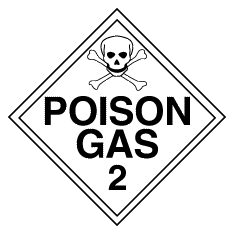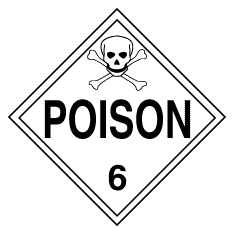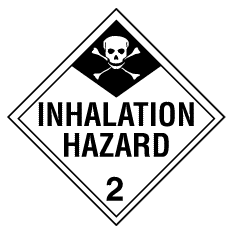|
||
| Sulphuric Acid on the WebTM | Technical Manual | DKL Engineering, Inc. |
Knowledge for the
Sulphuric Acid Industry
![]()
Sulphuric Acid on the Web
Introduction
General
Equipment Suppliers
Contractor
Instrumentation
Industry News
Maintenance
Acid
Traders
Organizations
Fabricators
Conferences
Used
Plants
Intellectual
Propoerty
Acid
Plant Database
Market
Information
Library
Technical Manual
Introduction
General
Definitions
Instrumentation
Plant Safety
Metallurgial
Processes
Metallurgical
Sulphur Burning
Acid Regeneration
Lead Chamber
Technology
Gas Cleaning
Contact
Strong Acid
Acid Storage
Loading/Unloading
Transportation
Sulphur
Systems
Liquid SO2
Boiler Feed Water
Steam Systems
Cooling Water
Effluent Treatment
Utilities
Construction
Maintenance
Inspection
Analytical Procedures
Materials of Construction
Corrosion
Properties
Vendor Data
DKL Engineering, Inc.
Handbook of Sulphuric Acid Manufacturing
Order
Form
Preface
Contents
Feedback
Sulphuric Acid
Decolourization
Order Form
Preface
Table of Contents
Process Engineering Data Sheets - PEDS
Order
Form
Table of Contents
Introduction
Bibliography of Sulphuric Acid Technology
Order Form
Preface
Contents
Sulphuric Acid Plant Safety - Sulphur
Dioxide
November 3, 2003
|
Introduction Respiratory Protection Eye/Face Protection Protective Clothing Safety Signs |
Associated Links |
Sulfur dioxide is a colourless gas with a pungent, irritating odour similar to burning sulfur. It is a colourless liquid below -10 deg C. Sulfur dioxide will not burn. It is a COMPRESSED GAS. Cylinders or tanks may rupture and explode if heated. It is VERY TOXIC and may be fatal if inhaled. Sulfur dioxide is also extremely irritating to eyes and respiratory tract. It causes lung injury and these effects may be delayed. It may also cause frostbite.
| Condition | Protection |
| Up to 20 ppm | - Chemical cartridge
respirator with cartridge(s) to protect against sulfur dioxide - Supplied-air respirator |
| Up to 50 ppm | - Powered air-purifying
respirator with cartridge(s) to protect against sulfur dioxide - Supplied-air respirator operated in a continuous-flow mode |
| Up to 100 ppm | - Full-facepiece chemical
cartridge respirator with cartridge(s) to protect against sulfur dioxide - Gas mask with canister to protect against sulfur dioxide - Powered air-purifying respirator with a tight-fitting facepiece and cartridge(s) to protect against sulfur dioxide - Full-facepiece self-contained breathing apparatus - Full-facepiece supplied-air respirator - Supplied-air respirator with a tight-fitting facepiece operated in a continuous-flow mode |
To protect your eyes from sulphur dioxide, chemical safety goggles must be worn at all times in designated areas. A face shield may also be necessary when working in the presence of sulphur dioxide.
Guidelines for protective clothing for possible exposure to sulphur dioxide.
| > 8
hour Recommended |
> 4
hour Recommended |
< 1
hour Not Recommended |
| Saranex™ Responder® Barricade® |
Teflon™ | Polyethylene |
Notes:
1. Recommendations are valid for permeation rates reaching 0.1
µg/cm2/min or 1 mg/m2/min and over. Resistance of
specific materials can vary from product to product. Breakthrough times
are obtained under conditions of continuous contact, generally at room
temperature. Evaluate resistance under conditions of use and maintain
clothing carefully.
Saranex™ is a trademark of the Dow Chemical Company
Barricade® is a registered trademark of DuPont
Responder® is a registered trademark of Kappler
Reference: Forsberg, K., et al. Quick selection guide to chemical
protective clothing. 3rd edition. Van Nostrand Reinhold, 1997.
| From a transportation perspective, sulphur dioxide is classified as a poisonous gas and an inhalation hazard. Any or all of the following signs maybe displayed in the presence of sulphur dioxide. |    |